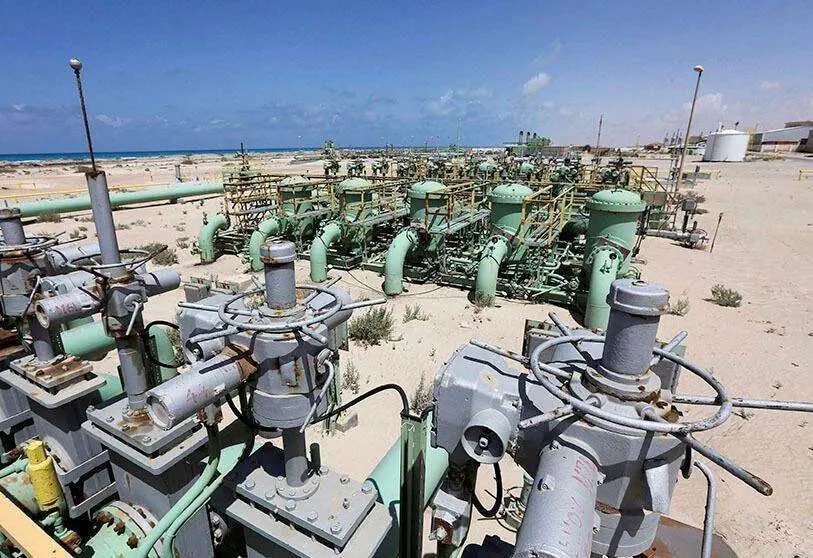Libya and China explore ways for Chinese companies to return to Libya

The executive president of the Libyan National Oil Company (NOC), Mustafa Sanallah, and the Chinese ambassador in Tripoli, Wang Qimin, studied ways for the return of Chinese companies operating in the oil, gas and construction sectors and explored projects for the maintenance and modernisation of oil transport systems.
According to NOC, Sanallah assured the Chinese representative that political stability will be consolidated in the coming months and that several windows of opportunity will open for Chinese companies in the energy sector, considered the backbone of the North African nation.
"The president considers the ambassador's visit a step forward and a powerful indicator of the return of stability and confidence in Libya," he said in a statement.
Local media reported that Sanallah and Qimin discussed projects to modernise Libya's tanker fleet and onshore storage silos. During the toughest months of the war, China's Sinopec has been one of the main oil companies operating in Libya.

The Libyan parliament in mid-March gave its confidence to the new prime minister, Abdul Hamid Dbeibah, elected by the Political Dialogue Forum for Libya (PDLF), an unelected body created "ad hoc" by the UN in October, which after tough negotiations managed to unify the country politically after seven years of division and bloody civil war.
Months earlier, through the intervention of Turkey and Russia, the two rival governments in the east and west of Libya accepted a ceasefire agreement that in a matter of months has allowed Libya's oil industry to recover, which in 2020 produced some 300,000 barrels of crude a day and has now reached 1.4 million, very close to its production prior to the uprising that in 2011 ended the dictatorship of Muammar al-Gaddafi.
This week, Sanallah met with the new vice president of the unified presidential council, Ramadan Ahmed Boujnah, and finance minister Khaled Al-Mabrouk Abdullah, to assess the NOC's budget and move forward with the unification and reform of the oil sector, which has been badly damaged by the war and ongoing sabotage by local militias.
The oil official insisted that the industry needs heavy investment for the maintenance of pipelines, the repair of pipelines and silos, the modernisation of ports and loading terminals, and the renewal of the maritime and land fleet.

He also recalled that heavy and urgent investment is also needed in the refining and gas sector, with the construction of the liquefied gas facility (LGF) in the southern Al Sharara field, operated in partnership with multinationals such as Total and Repsol, as one of the priorities.
In March, as the new government was being formed, the NOC reached an agreement with the Central Bank of Libya to mobilise $3.9 billion from the energy sector.
The GNU is a transitional executive and its main task is to stabilise the country and lead it to the legislative elections scheduled for 24 December.








